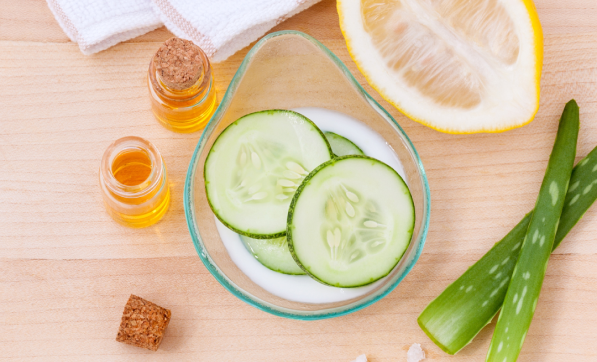Cosmetic acupuncture, also known as facial acupuncture or an acupuncture facelift, is a non-surgical approach to enhancing the appearance of the skin and reducing signs of aging. Based on traditional Chinese medicine principles, it involves inserting thin needles into specific points on the face and body to stimulate collagen production, improve blood flow, and promote a healthy complexion. This holistic approach considers overall health and aims to balance the body’s energy flow, which is believed to be reflected in the skin’s appearance.
While cosmetic acupuncture offers a more natural alternative to surgical procedures, it requires patience as results are gradual and typically require several sessions over weeks or months. Minimal side effects like temporary redness or bruising may occur. It’s crucial to consult with a licensed and experienced acupuncturist for personalized treatment plans and to manage expectations. Overall, cosmetic acupuncture is a customizable and holistic option for those seeking a non-invasive approach to skincare and anti-aging.












